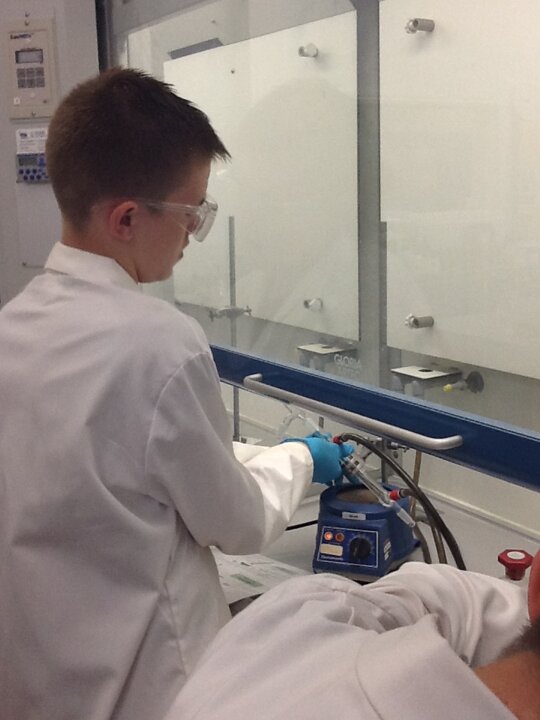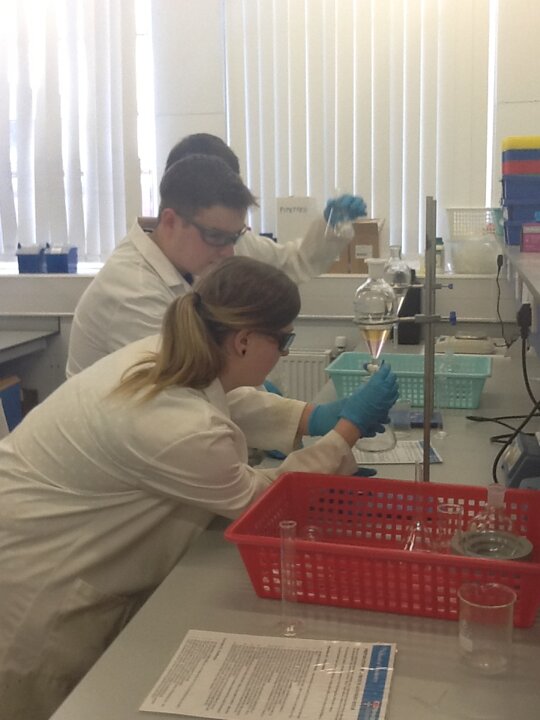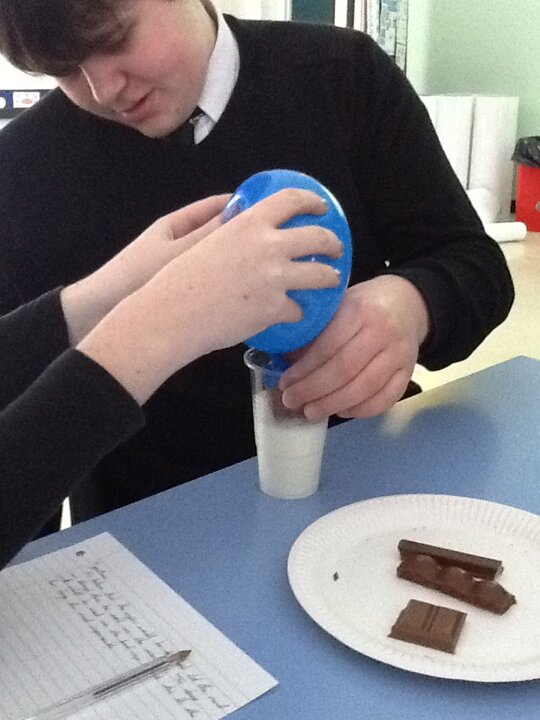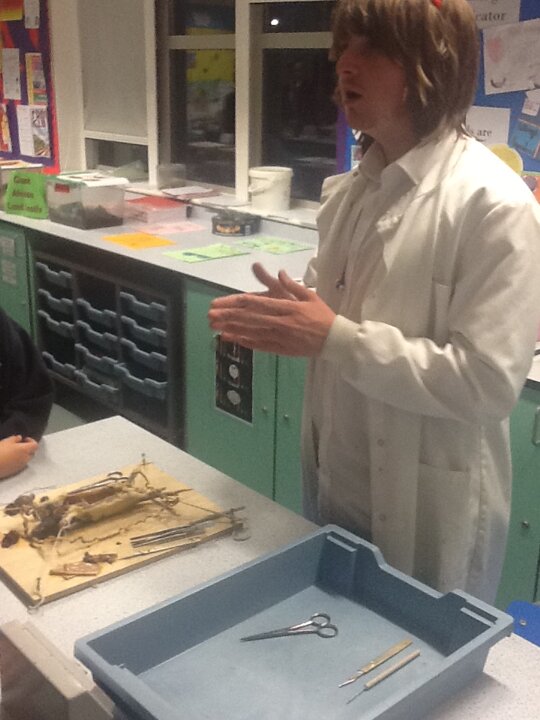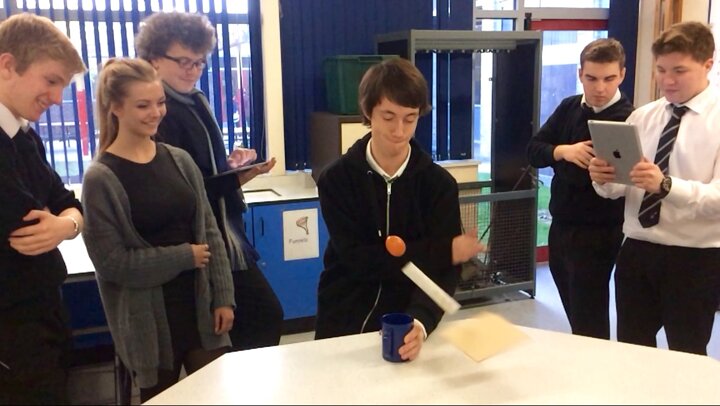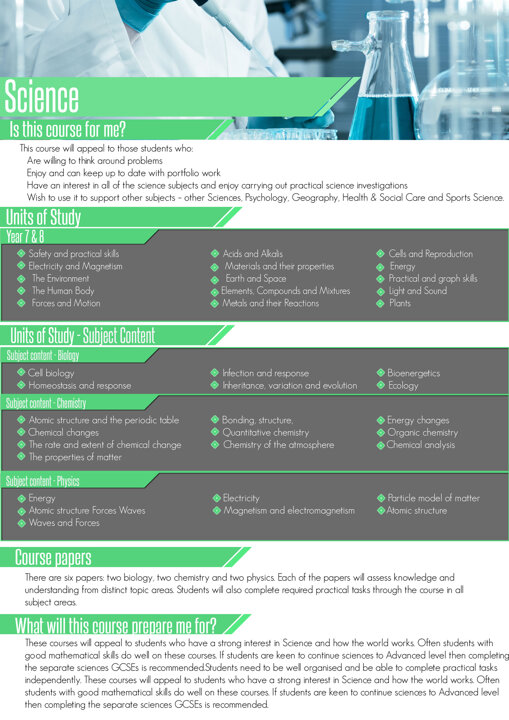For further information about Science at St John's please contact E Mulligan (emulligan@stjohnsrc.org.uk)
Curriculum information
Key Stage 3 Science
Topics covered in year 7:
- Practical skills
- Acids and alkalis
- Cells and reproduction
- Electricity and magnetism
- Materials and properties
- Energy
- Environment
- Earth and space
Topics covered in year 8:
- Practical skills
- The human body
- Light and sound
- Elements, compounds and mixtures
- Metals and their reactions
- Plants
- Science in the news
Useful/Interesting links:
- http://www.bbc.co.uk/education/subjects/zng4d2p
- http://www.mansfieldct.org/schools/mms/staff/hand/chemgames.htm
- http://www.hightechscience.org/funfacts.htm
- http://www.chemistry-videos.org.uk/chem%20clips/home.html
KS4 Course information
Students will study either GCSE combined Science (2 GCSEs) or GCSEs in Biology, Chemistry and Physics.
Exam board AQA. Link: http://www.aqa.org.uk/subjects/science/gcse/new-science-gcse-specifications
Units of study - Combined Science:
- Biology - including cells, bioenergetics, infection, responses, homeostasis, inheritance and ecology
- Chemistry - including atoms, bonding, chemical changes, energy, rates of reaction, organic chemistry, analysis, green chemistry
- Physics - including forces, waves, magnetism, electricity, energy, particles
There will be 16 required practical experiments as part of the course, and the course will all be externally assessed in year 11.
GCSE Biology:
- Cell biology
- organisation
- infection and response
- homeostasis
- bioenergetics
- inheritance and evolution
- ecology
There will be 8 required practical experiments as part of the course and the course will all be externally assessed at the end of year 11.
GCSE Chemistry:
- Atoms and the periodic table
- bonding and structure
- quantitative chemistry
- chemical changes
- energy changes
- rates and Equilibria
- organic chemistry
- chemical analysis
- chemistry of the atmosphere
- using resources
There will be 8 required practical experiments as part of the course and the course will all be externally assessed at the end of year 11.
GCSE Physics:
- Forces
- energy
- waves
- electricity
- magnetism and electromagnetism
- particle model of matter
- atomic structure
- space physics
There will be 8 required practical experiments as part of the course and the course will all be externally assessed at the end of year 11.
Useful links (for combined and each of the separate sciences):
- http://www.bbc.co.uk/schools/gcsebitesize/science/aqa/
- http://www.gcsescience.com/index.html
- http://www.revisionworld.com/gcse-revision
- http://www.my-gcsescience.com/
- https://www.youtube.com/user/myGCSEscience
